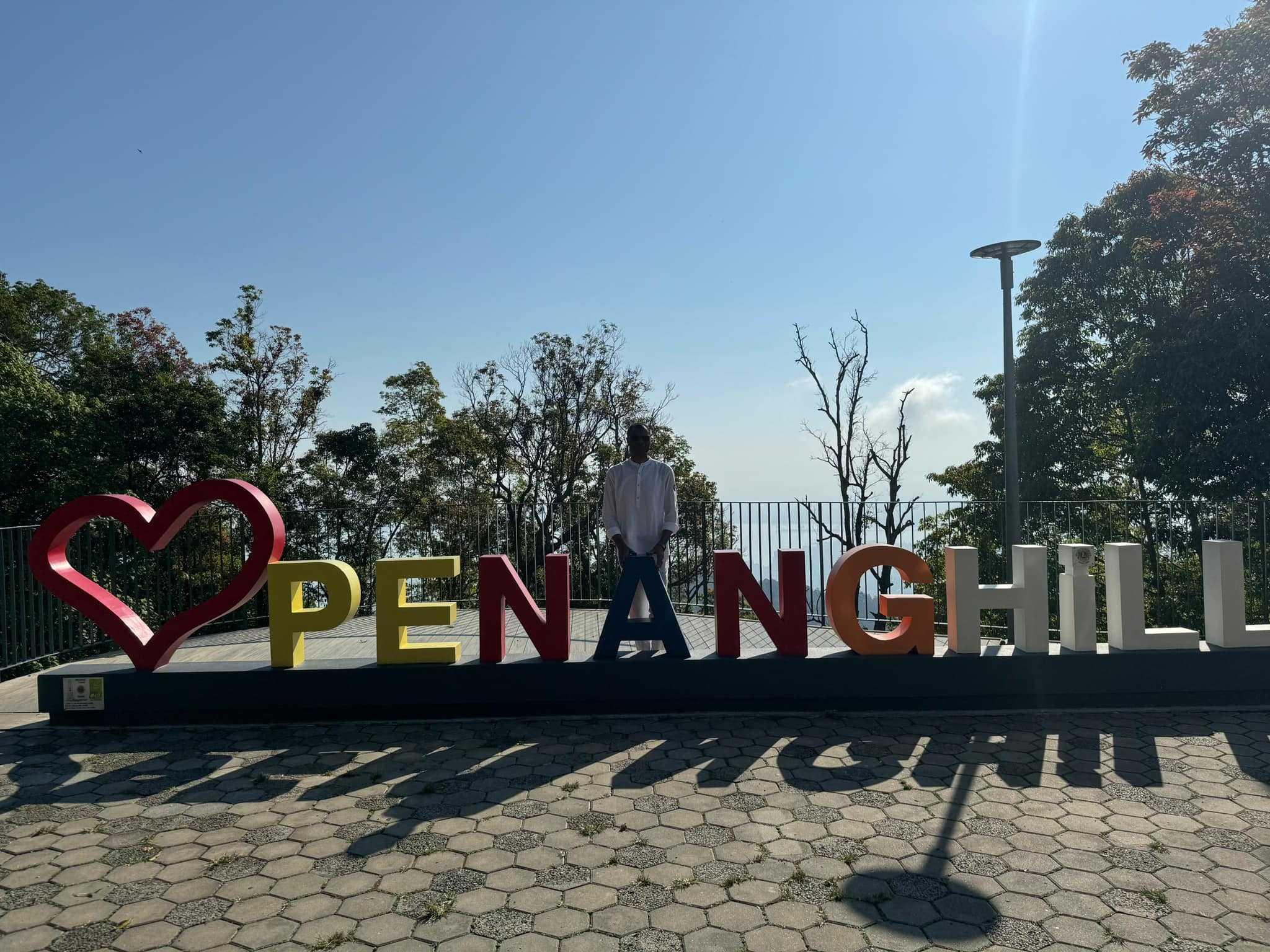How the Covid-19 lockdown brought out environmental awareness in people
What decades of public awareness campaigns on protecting the environment failed to do was achieved in just a few months.
Just In
At the height of the movement control order (MCO) earlier this year, during which millions of Malaysians were forced to stay home to contain spread of Covid-19, pictures of nearly crystal clear water in the Klang and Gombak rivers were making the rounds.
The two rivers, which flow through the Kuala Lumpur city centre, were among the dirtiest in Malaysia but the lockdown which saw industries shuttered and daily lives put on hold gave them a new lease of life.
What decades of public awareness campaigns on the need to protect the environment failed to do was achieved in just a few months during the stay-home order.
A local ecotourism expert said the change in daily routines during the MCO had made more people aware of the need to care for nature as well as to embrace sustainability.
“There seems to be an increase in awareness and interest in outdoor activities. Hopefully, this is a growing trend that will catch on beyond Covid or post-Covid where people get used to being eco-friendly at home and outdoors,” Andrew Sebastian, who heads the Ecotourism and Conservation Society Malaysia, told MalaysiaNow.
The pandemic has forced people to adapt to what is now known as the “new normal”, with daily activities governed by health SOPs such as physical distancing and the culture of working from home.
“Hopefully, this is a growing trend that will catch on beyond Covid or post-Covid where people get used to being eco-friendly at home and outdoors.”
There are fewer cars on the road and similarly fewer outdoor activities.
Sebastian also noted a shift in mindset among the middle class, who are generally more enlightened on the importance of sustainable living.
Still, he said, much needs to be done in terms of public cleanliness.
During the first phase of the MCO, which began in March, Malaysians participated in activities such as farming and gardening.
One couple in Kepong started growing chillies in their backyard, sharing their experience on Facebook.
School teacher Suhana, 47, and her husband Abu Rashid, 53, are now the proud owners of a sustainable garden comprising about 10 chilli plants, a mini cabbage farm, and three types of traditional salad plants.
They plan to venture into growing fruits next.
For Suhana and Rashid, this is their new lifestyle – being conscious about sustainable living – and they plan to keep it that way.
They said they are now used to staying indoors unless there is a pressing matter to attend to.
Sebastian said it remains to be seen if the change in people’s behaviour is here to stay.
He said the authorities should take the opportunity to encourage the public to continue with environmentally friendly practices, including by introducing new laws.
Activist Nurul Syakila Zen said the government had succeeded in enforcing SOPs such as the use of face masks to prevent infection, and the same could now be done to prevent environmental deterioration.

She gave the example of Thailand and Indonesia, where strict rules ensure that hikers do not pollute or litter the forests and mountains.
In September, authorities in Khao Yai, Thailand’s third largest national park, warned tourists that they would send rubbish back to litterers, with offenders to be registered with the police.
Visitors to the park are also asked to provide their addresses for rangers to track them down if they leave rubbish behind.
“Your trash – we’ll send it back to you,” Thailand’s environment minister Varawut Silpa-archa said in an online post accompanied with pictures of litter collected in cardboard parcels ready to be shipped.
The items brought by jungle trekkers and mountain climbers are also weighed before and after their trips.
A fine is imposed if their belongings weigh less at the end of the trip, as it is presumed that they disposed of some items along the way.
“Malaysia should implement this rule at all its tourist destinations,” said Nurul Syakila.
Subscribe to our newsletter
To be updated with all the latest news and analyses daily.


